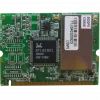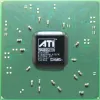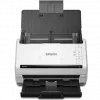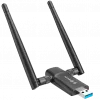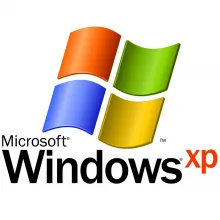
Year
2001
Windows XP is a personal computer operating system produced by Microsoft as part of Windows NT family of operating systems. Development of XP began in the late 1990s as "Neptune", an operating system built on the Windows NT kernel which was intended specifically for mainstream consumer use—an updated version of Windows 2000 was also originally planned for the business market. However, in January 2000, both projects were shelved in favor of a single OS codenamed "Whistler", which would serve as a single OS platform for both consumer and business markets. The operating system was released to manufacturing on August 24, 2001, and generally released at for retail sale on October 25, 2001


